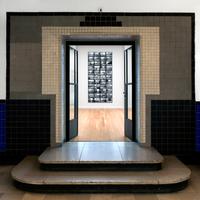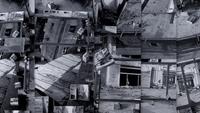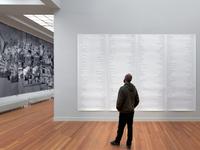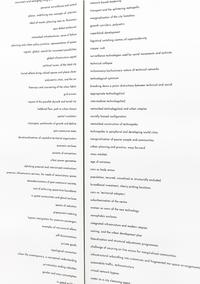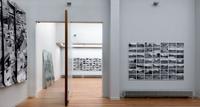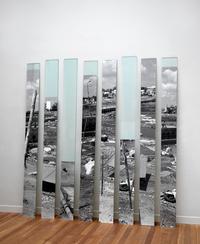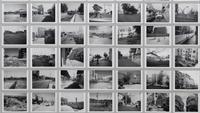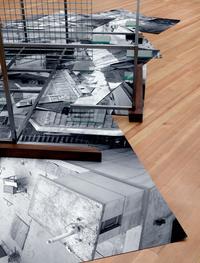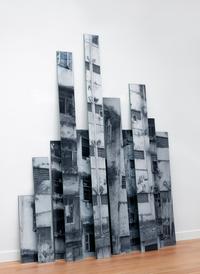Dissertations
The Urban Future-Project
Doctoral Thesis
Issued:
16 November 2016
Promotors:
Janneke Wesseling
René Boomkens
Jean Bernard Koeman
Available at:
Leiden University Repository
Abstract
Central to this research is the Urban Future-project, which consists of a large archive of artworks made from 2002 until now. The original question underpinning this project was: what influence do chaos, entropy and fragmentation have on the viability of the rapidly developing urbanizing world? In the course of the research project, the (literature and field) explorations led to the assumption that there is a demonstrable and necessary link between the quality of life in the city and vital social cohesion on the one hand and chaos, entropy and fragmentation on the other. In the artistic part of the research focuses on the question: is it possible to make the supposed connection between quality of urban life and chaos, entropy and fragmentation visible in artwork and, if so, how? In the written dissertation, working methods and strategies are contextualized and analyzed. The visual part derives from an artist's position which uses non-verbal, sensorial strategies to reach new insights. It mainly focuses on the visual and aesthetic possibilities of aspects of fragmentation, chaos and entropy because Scholten considers these aspects, as productive forces, to be the core of the experience of urbanization.
Documentation
Photos of the exhibition ‘Memory: Architecture of Belonging’ installed in the gallery of the Royal Academy of Art The Hague, 30 November – 8 December 2016. The exhibition presented a selection of work by Sophie Ernst produced within the framework of her PhD research project.
Photography by Gert Jan van Rooij
Video Interview
An interview with Hans Scholten in the exhibition ‘Urban Future #11’, installed in the gallery of the Royal Academy of Art The Hague from 9 – 19 November 2016 on the occasion of the public defense of his dissertation ‘The Urban Future-Project’.
Interviewer:
Lotte Betting
Camera:
Judith Westerveld
Editing:
Audrius Kriauciunas
